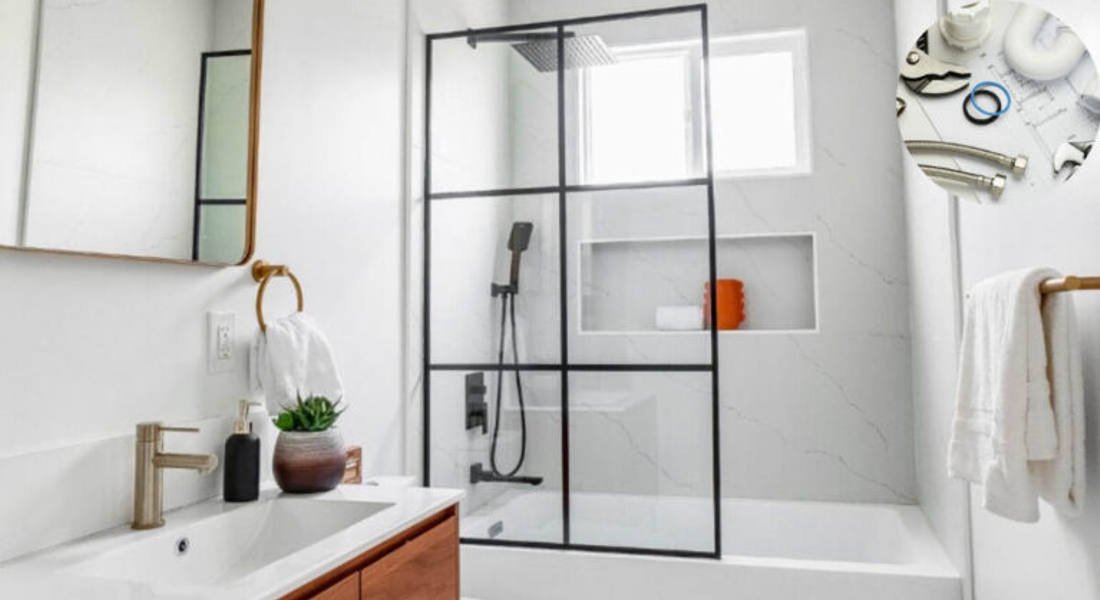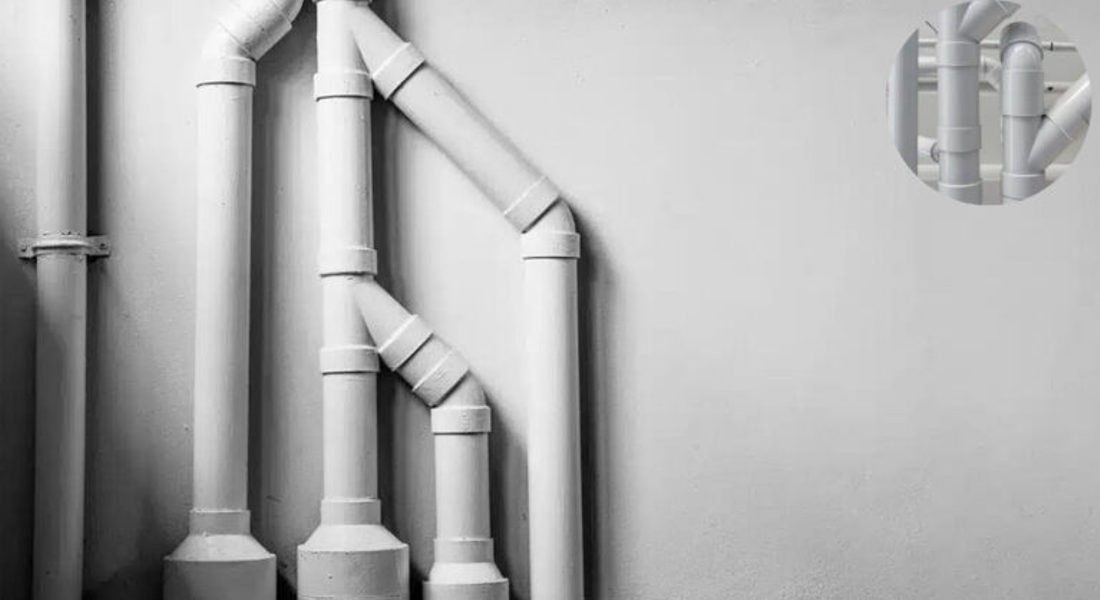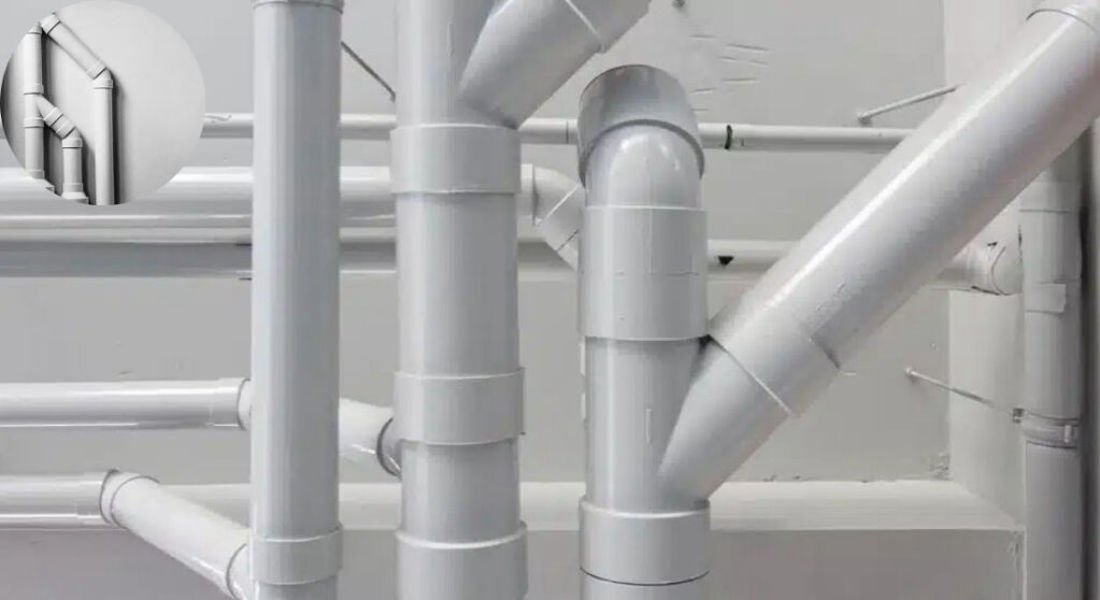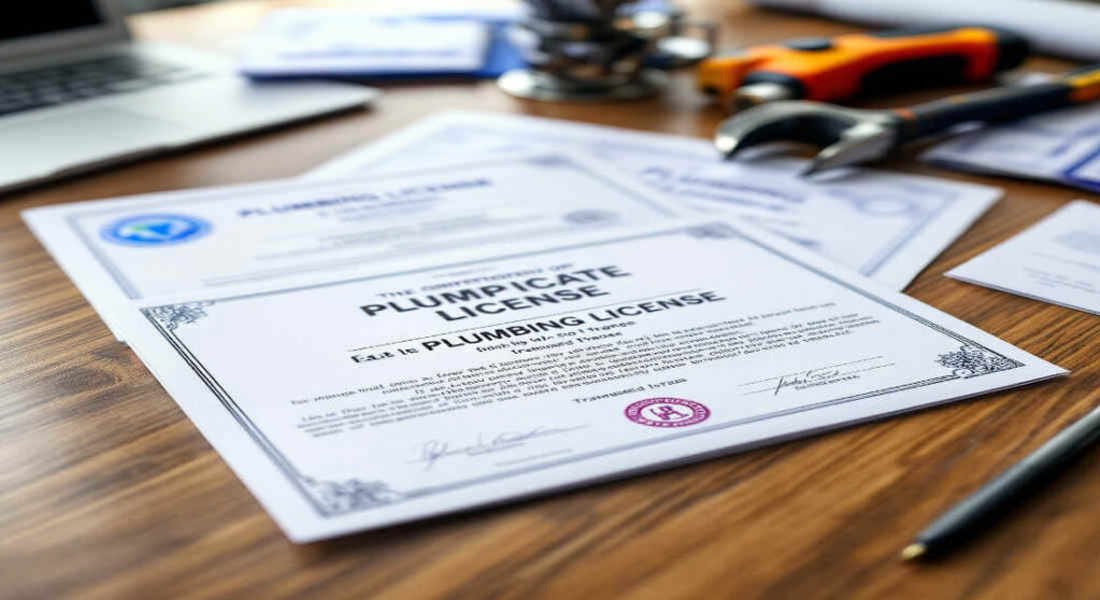Plumbing projects can be exciting yet daunting for homeowners. Whether you’re upgrading your kitchen, adding a bathroom, or simply repairing a broken pipe, you may have asked yourself: Does home plumbing require a permit?
The answer isn’t always straightforward, as permit requirements depend on the type of project and local regulations.
What Are Plumbing Permits?
Plumbing permits are official documents issued by local city or county building departments. They authorize homeowners or contractors to perform specific plumbing work on a property. These permits ensure that the work adheres to safety standards, building codes, and regulations in your area.
Why Are Plumbing Permits Necessary?
Plumbing involves systems that directly affect the safety and well-being of your household and community. Improper work can lead to leaks, water damage, contamination, or even structural issues. Permits are a safeguard to ensure the job is done correctly and inspected by professionals.
Who Issues Plumbing Permits?
Typically, plumbing permits are issued by:
- Local city or county building departments
- Municipal offices or zoning boards
Every area has its own rules and processes for issuing permits, so it’s essential to check with your local government.
How Do Permits Protect Homeowners?
Plumbing permits protect homeowners by:
- Ensuring the work meets legal and safety standards.
- Providing documentation for future property sales or inspections.
- Holding contractors accountable for the quality of their work.
In short, permits are not just bureaucratic requirements—they’re essential for safeguarding your home and investment.
When Does Home Plumbing Require a Permit?
One of the most common questions homeowners have is, “Does home plumbing require a permit?” The short answer is: It depends on the project.
Certain plumbing jobs almost always require a permit, while others may not. Here’s a breakdown to help you understand:
Plumbing Projects That Typically Require a Permit
- Repiping Entire or Partial Plumbing Systems
- If you’re replacing old pipes throughout your home or a significant portion of it, a permit is usually required.
- New Plumbing Installations
- Adding a new bathroom, sink, or any other plumbing fixture requires a permit because it involves extending or modifying existing systems.
- Replacing Drain Lines or Sewer Lines
- Work on main drainage or sewer systems affects not just your home but also the public infrastructure. Permits ensure compliance with local standards.
- Relocating Plumbing Fixtures
- Moving a sink, toilet, or shower to a new location typically involves altering pipes, which may require may require a permit.
- Installing or Replacing Water Heaters
- Water heaters involve both plumbing and electrical systems, so obtaining permits is necessary to ensure safety.
- Repairing or Replacing Soil Stacks or Vent Pipes
- These are critical components of your plumbing system, and work on them requires proper oversight and attention.
Plumbing Tasks That May Not Require a Permit
While permits are essential for major work, some minor repairs and maintenance tasks usually don’t require them. These include:
- Fixing a leaking faucet.
- Unclogging a drain or toilet.
- Replacing a small section of pipe for minor repairs.
Important Tip: Always check with your local building department. Permit requirements vary by jurisdiction, so what’s exempt in one area may require a permit in another.
Why Are Plumbing Permits Necessary?
Now that we’ve covered when you might need a permit let’s look at why they’re so important. Plumbing permits are about more than just following rules—they’re essential for safety, legality, and financial protection.
You may also read (plumbing safety in your home).
Safety First
The primary reason for plumbing permits is to ensure safety. Here’s how they help:
- Compliance with plumbing and building codes minimizes risks like leaks, water damage, and sewer contamination.
- Proper inspections catch potential issues before they become hazards.
- Protects public health by ensuring clean water supply and adequate wastewater disposal.
Legal and Financial Protections
Failing to obtain a permit can have serious consequences:
- Fines and Penalties: Performing unpermitted work can result in hefty fines from your local government.
- Insurance Issues: Unpermitted work may void your homeowner’s insurance, leaving you unprotected in case of damage.
- Resale Challenges: When selling your home, unpermitted work can delay the process or lower your property value.
Accountability and Quality Assurance
Permits hold contractors accountable for their work. They ensure the job is done to professional standards, giving homeowners peace of mind.
How to Obtain a Plumbing Permit
Obtaining a plumbing permit may seem complicated, but it’s a straightforward process if you know what to do. Here’s a step-by-step guide to help you navigate the process:
Check Local Requirements
Visit your city or county’s building department website to learn about their specific plumbing permit requirements.
Determine Who Will Apply
- Hiring a Professional Plumber: Most licensed plumbers handle the permit process for you.
- DIY Projects: If you’re tackling the work yourself, you’ll need to apply for the permit directly.
Gather Necessary Documents
You’ll typically need:
- A detailed plan of the proposed work.
- Information about the materials and systems to be used.
- Proof of property ownership (if required).
Submit the Application
Submit your application online or in person. Be prepared to pay a fee, which varies depending on the scope of the project.
Schedule Inspections
Once the work is completed, schedule inspections to ensure everything meets the code.
What Happens If You Don’t Get a Plumbing Permit?
Skipping permits can have serious consequences. Here’s what could happen if you don’t obtain the necessary permits for your plumbing work:
Legal and Financial Risks
- You may face fines, penalties, or even legal action from your local government.
- Homeowners’ insurance may refuse to cover damages caused by unpermitted work.
Selling Your Home
Unpermitted work can complicate the resale process. Buyers may demand corrections or walk away from the deal.
Safety Concerns
Improper plumbing work can lead to hazardous conditions, including leaks, water damage, and contamination.

